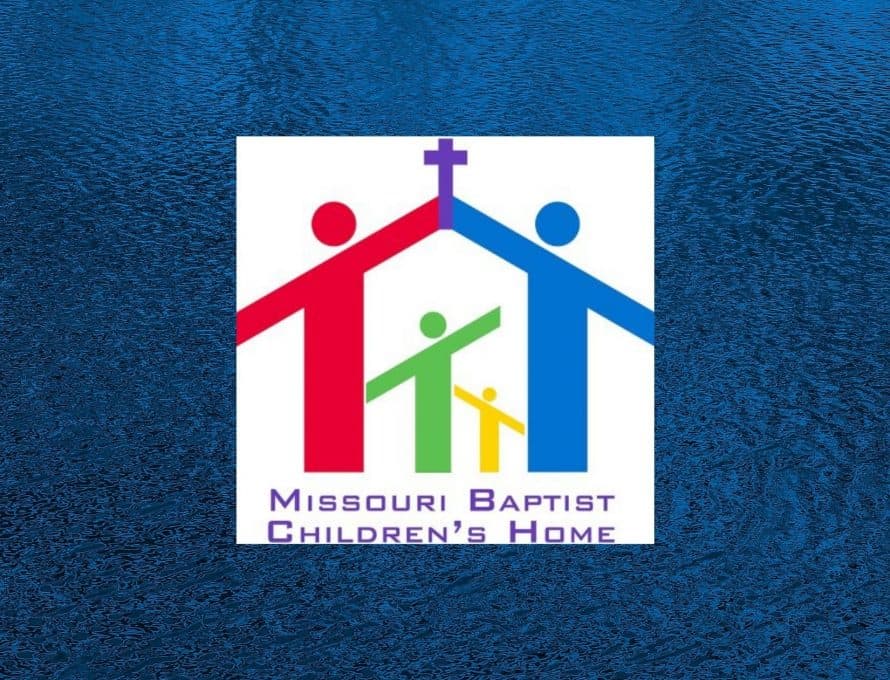Sexual abuse has immeasurable impact on the lives of children. According to the CDC, 1 out of 4 girls and 1 out of 13 boys in the United States experience sexual abuse. The numbers for boys are rising and it is believed that their numbers are now closer to those of girls.
Sexual abuse isn’t an easy subject to write about; however, if children are suffering from the soul crushing impact of sexual abuse, this issue needs to be discussed and addressed. Children need to know that they are safe and can heal from such a devastating event. Children need supportive, caring adults who believe them and will journey with them as they recover. There is an overwhelming amount of shame and stigma attached to sexual abuse and it often goes undisclosed for years. When it is disclosed, caring adults need to be there to help and support those children towards healing.
If you discover that a child has been sexually abused, you can support that child by doing some of the things listed below. I realize that this list sounds simplistic, but it is not. Each one of these actions requires commitment and follow through. Sexual abuse it complicated and helping children who have been sexually abused is difficult. It requires patience and perseverance, on the part of the child and the adults who are helping to care and support that child.
1. Believe the child who discloses sexual abuse.
2. Hotline any suspicion of child sexual abuse (and other forms of abuse) with your local Child Welfare Enforcement Agency (For Missouri, hotline at 1-800-392-3738).
3. Don’t ask the child multiple questions about what happened, as this can be harmful to the child. Leave this to professionals who are trained to do this.
4. Don’t blame the child for the sexual abuse, as children are never responsible for the actions of an adult.
5. Pursue counseling for the child/family.
6. Allow the child time and space to talk about what happened when they are ready and willing to do so.
7. Educate yourself of child sexual abuse (91% of sexual abuse is often perpetrated by someone a child knows (CDC, Violence Prevention, Child Sexual Abuse) – an adult family member or an older child, i.e., cousin, neighborhood child, or another peer. It is not always a stranger who sexually abuses a child).
8. Educate yourself on prevention of sexual abuse.
9. Familiarize yourself on books and other materials that would be helpful for a child survivor of sexual abuse (See some resources below).
10. Advocate for your local church to have a Sexual Abuse Awareness/Prevention Program to safeguard children from abuse. (MBCH offers free training called “Stewards of Children” to churches, schools and other community organizations. Contact David Burch at david.burch@mbch.org).
Book Resources
• “Do You Have a Secret” by Jennifer Moore-Mallinos and Marta Fabrega
• “I Said No! A Kid-to-kid Guide to Keeping Private Parts Private” by Kimberly King and Zack King
• “My Body Belongs to Me: From My Head to My Toes” created by Pro Familia, Dagmar Geisler (Illustrator)
• “My Body is My Own” by Lauren K Carlson
• “Some Secrets Should Never Be Kept: Protect Children from Unsafe Touch by Teaching Them to Always Speak Up” by Jayneen Sanders and Craig Smith (Illustrator)
• “Your Body Belongs to You” by Cornelia Maude Spelman and Teri Weidner (Illustrator)
(Some of the above books, can be found on YouTube in video form.)
Organizational Resources
• Centers for Disease Control: https://www.cdc.gov/violenceprevention/childsexualabuse/fastfact.html
• Darkness to Light (developers of “Stewards of Children” Training offered by MBCH): Child Sexual Abuse | Sexual Abuse Prevention – https://d2l.org
• The National Child Traumatic Stress Network – https://nctsn.org
• Rape, Abuse & Incest National Network – https://centers.rainn.org/
• National Sexual Violence Resource Center – https://www.nsvrc.org
For more information, please call the MBCH Sexual Trauma Information Line at 314-785-9889.

